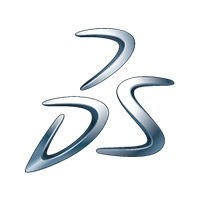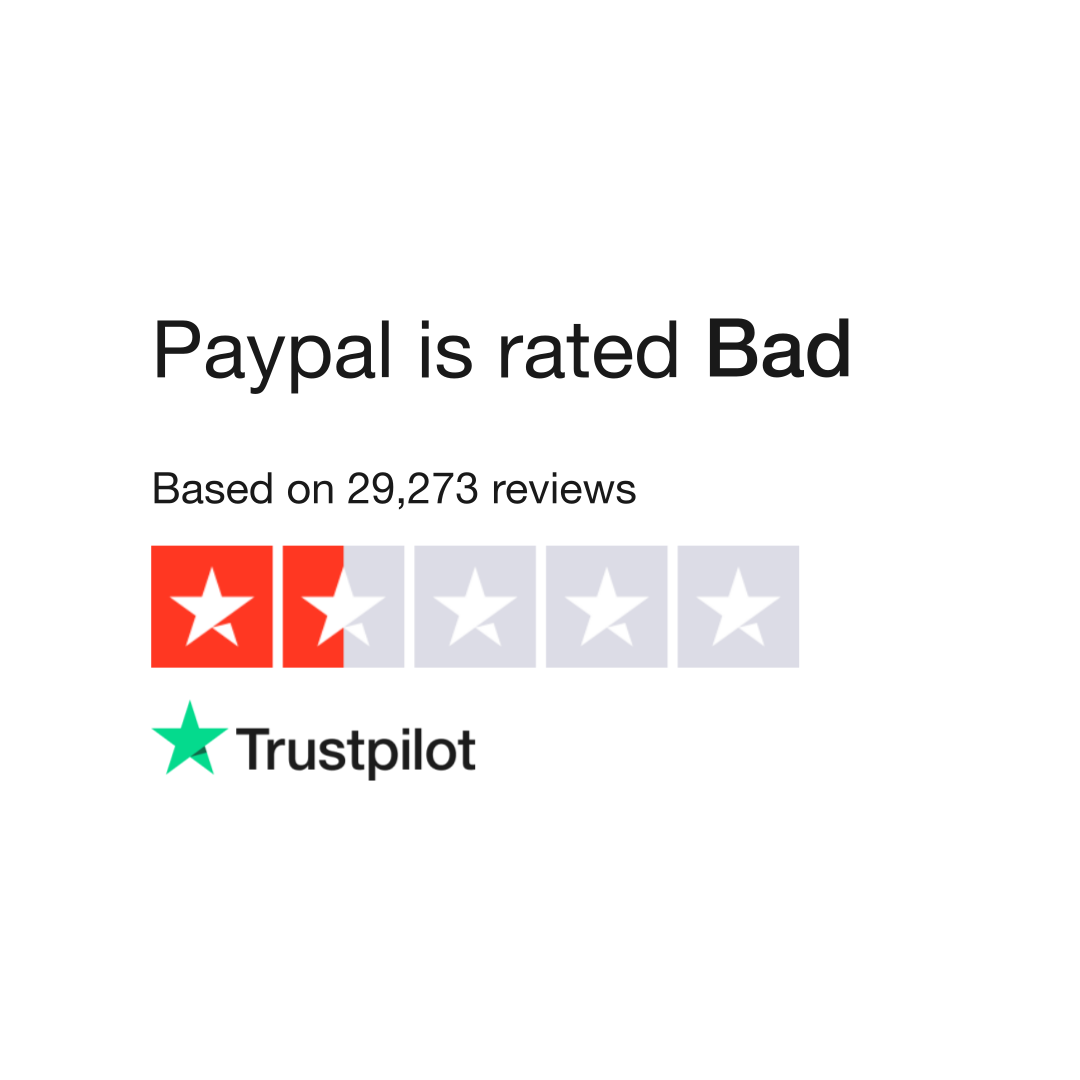Why not mageia instead of Rocky or AlmaLinux? mageia does everything possible to stay compatible with Red Hat.If RHEL support is required it’s AlmaLinux or Rocky these days. But sometimes they won’t boot out-of-the-box so it’s again FreeBSD bhyve running a canned AlmaLinux. ?
Has it ever been shown that third party binary rpm packages work better on AlmaLinux/Rocky than on mageia?A) It’s compatibility to RHEL which is a mandatory requirement to get certain software packages under maintenance. CentOS had been a widely excepted substitute for RHEL environment and software vendor did accept it, if maintenance had been required. After the announcement that CentOS got layed off, there had been a few inquiries what else the customer base does favoir. AlmaLinux and Rocky had been the top choice.
This also makes no difference and is (almost) completely irrelevant.Actually the first question in my experience running proprietary software is which distribution do you run, if you encounter an issue. If you use a none supported distribution, you get no support and are on your own. ?

I mean that support from most software companies is inept, which leads to the fact that it (almost always) doesn't matter if you use mageia or CentOS.I read above. I think this is poorly focused, it does not target X when it has a problem with application Y, but the owner of Y will only give support if you use system X.







Yeah, I'm very new to FreeBSD and still don't understand how some things work. I was thinking it was a VM and not a compatibility program. ?Uhm. Not sure it really is. Of course, Neither a Linux jail nor the "compat overlay" will actually run "Linux", because strictly speaking, this is only the name of a kernel, and the FreeBSD kernel just implements the Linux syscalls. (That's also a reason the name GNU/Linux was suggested for the "whole OS", as most other base components typically come from the GNU project).
But then, everything "special" about any distribution is outside the kernel anyways. So might indeed be relevant which distribution you use to install a Linux jail, or for "compat". Going with the official Linux ports, you will have something similar to a "minimal" CentOS-7 in /compat/linux.
Well, it's neither. It works with a full "Linux" (IMHO indeed better: GNU/Linux) userland, just without Linux itselfI was thinking it was a VM and not a compatibility program. ?
Has it ever been shown that third party binary rpm packages work better on AlmaLinux/Rocky than on mageia?
So does that mean it's similar to how wine functions but rather than windows executables it works with Linux executables?Well, it's neither. It works with a full "Linux" (IMHO indeed better: GNU/Linux) userland, just without Linux itselfIf you want to put it that way, the FreeBSD kernel can "impersonate" Linux ?
A VM would be much too heavy-weight for the purpose. Thankfully, FreeBSD is not Microsoft, which indeed needed a VM for its "XP mode" ?
Actually, yes and no. Both solutions "wrap" the system-API, so far for "yes". But wine does it in user-space, and that's possible because Windows follows a design where "normal" applications never interact with the kernel directly, but use shared libraries (DLLs in windows world) instead, like KRNL32.DLL, USER32.DLL, and so on. So, wine can provide "stubs" for these in user-space and "wrap" them to call functionality of the host OS instead.So does that mean it's similar to how wine functions but rather than windows executables it works with Linux executables?
Too many hours of my life have been wasted with fixing broken dependencies after updating Linux, which is why I switched to FreeBSD on my servers and desktop.
Yeah, i have the same experience. That is i nuked freebsd many times freebsd but i could always recover, like nothing happened.
For instance with many linux distro's this is not possible.
Maybe one exception gentoo-linux. I nuked it and then i just untarred a .tgz in root and everything went fine again.
That's the way i resolve always with freebsd.
Eg. to create a jail i just simply untar a .tgz.
This procedure "of install" is simple and strait-forward. No complications.
[ You can't do something similar on Windows]
# rm -rf /Lets talk about pkgbase ?Yeah. I just recently had a Debian install commit suicide in dependency hell. Nothing would install anymore, making repair impossible.
In FreeBSD you can nuke all packages and still have enough of a system left to bootstrap a new package tree.
If you damage the FreeBSD base system you can untar a release tarball, or rsync one or do `make installworld`, plenty of options. You can't do any of that on Debian, if your package system is shot your base system is, too, and you can't just untar a base system - only operations within the package manager are allowed (but might be impossible).
